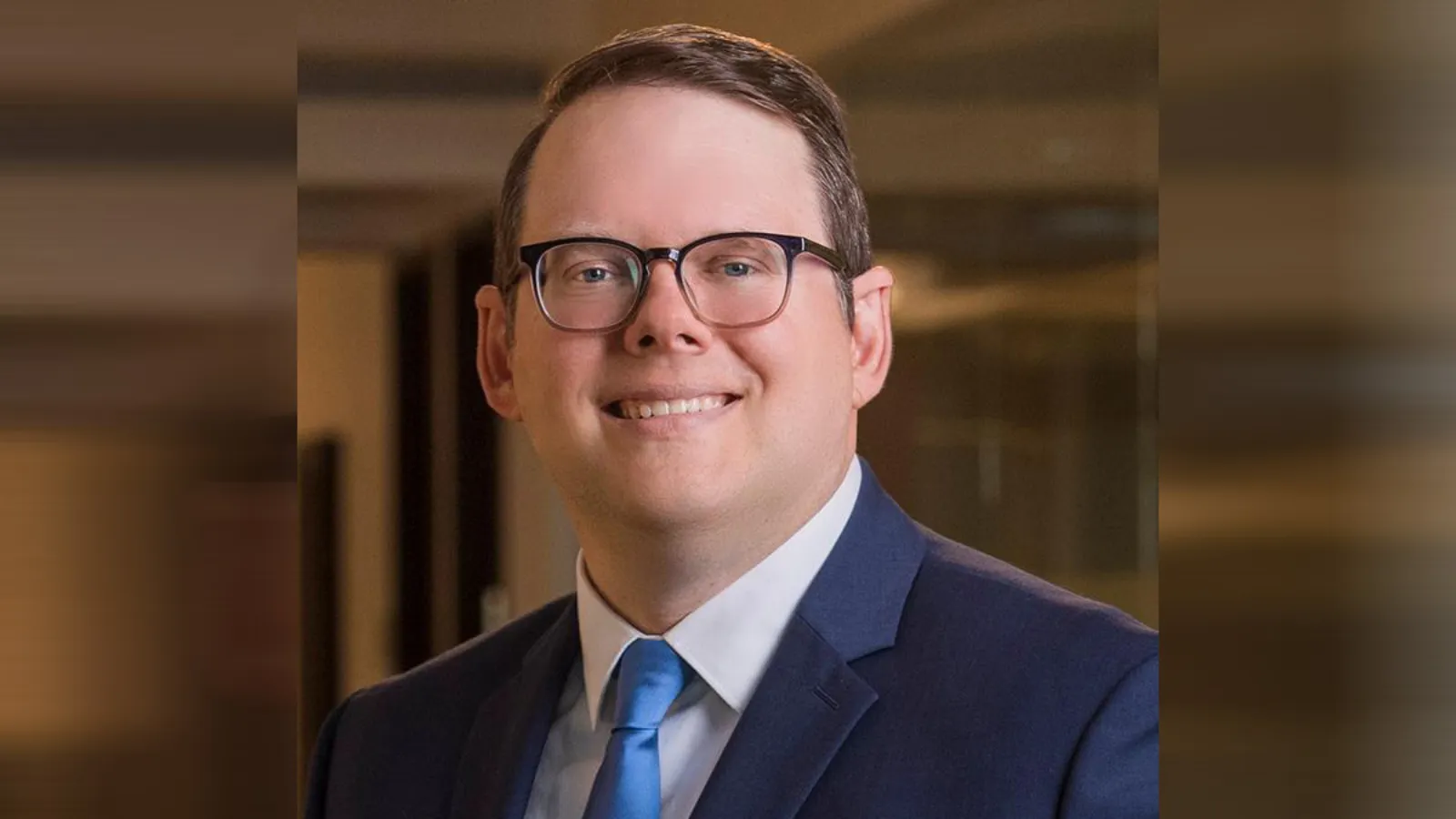Voting started today on a deal negotiated between the Screen Actors Guild-American Federation of Television and Radio Artists (SAG-AFTRA) and members of the recording industry that limits record labels in using artificial intelligence with actors’ voices.
"If the companies are going to be using any kind of AI tool for digital voice replication, they will have to secure the written consent of the artist to do that,” union executive director and chief negotiator Duncan Crabtree-Ireland told Decrypt. “Not only will it have to secure that, but it will have to be in a separate writing and can't be part of the royalty agreement or the main performer contract.”
Joining SAG-AFTRA in the agreement, announced on Friday, is a coalition of record labels, including Warner Music Group, Sony Music Entertainment, Universal Music Group, and Disney Music Group.
Under the agreement terms, recording studios must provide “reasonably specific details” about the intended use of the digital replica and cannot rely on a generic contract that grants unrestricted use. Crabtree-Ireland said the artist must be fully informed to meaningfully decide whether to agree to use their digital likeness.
If a label releases a recording using a digital replica without proper consent, the artist can demand its removal, Crabtree-Ireland added, and failure to comply allows the artist to pursue a grievance through arbitration or seek monetary damages.
“Parts of this agreement, including that consent framework, was really inspired by the work we did last year with the studios and streamers,” Crabtree-Ireland said. “If you were to crosscheck it, what you would find is the language around the reasonably specific description of intended use—the language around the written consent and those things—originated out of last year’s strike.”
Members of SAG-AFTRA and Writers Guild of America had staged a countrywide walkout after negotiations with the Alliance of Motion Picture and Television Producers (AMPTP) fell apart.
In negotiations with the AMPTP, SAG-AFTRA called for increased wages, residuals for streaming, and A.I. usage protections to safeguard their likenesses, alongside significant increases in pension and health plan contributions. The new deal with the record labels will include a 26% wage increase for performers.
The latest negotiated agreement also includes a specific compensation framework for the use of synthetic voices or AI-generated voices—voices that are not meant to replicate a human performer's voice.
“I think that's a step forward in that regard,” Crabtree-Ireland said. “Perhaps it will become the evolution of each of these contracts, because my vision is that every round of bargaining that comes up, we will be evolving the AI-related provisions to keep up with advances in technology and to address any areas where we identify the need for improvement.”
Beyond Hollywood, national policymakers have also looked for ways to protect performers, musicians, and writers from having their work used to train AI models without compensation. Last week, a new law proposed by California congressman Adam Schiff—the Generative AI Copyright Disclosure Act—would require companies to disclose sources used to train their AI models to the U.S. Copyright Office at least a month before releasing a new version.
“Obviously, in the public policy front, there's still a lot of discussions going on,” Crabtree-Ireland said. “It's a complicated matter to get legislation enacted when there are so many competing interests at play.”
He cited the “No Fakes Act” introduced by U.S. Senators Marsha Blackburn (R-TN), Thom Tillis (R-NC), Amy Klobuchar (D-MN), and Chris Coons (D-DE), last fall.
“What we really needed is a federal right that establishes that artists and frankly everybody else has the right to control the use of their image, voice, and likeness by AI technology and that everyone has a consent right,” Crabtree-Ireland said. “We very much want to see that enacted and hope that will be this year.”
Edited by Ryan Ozawa.

